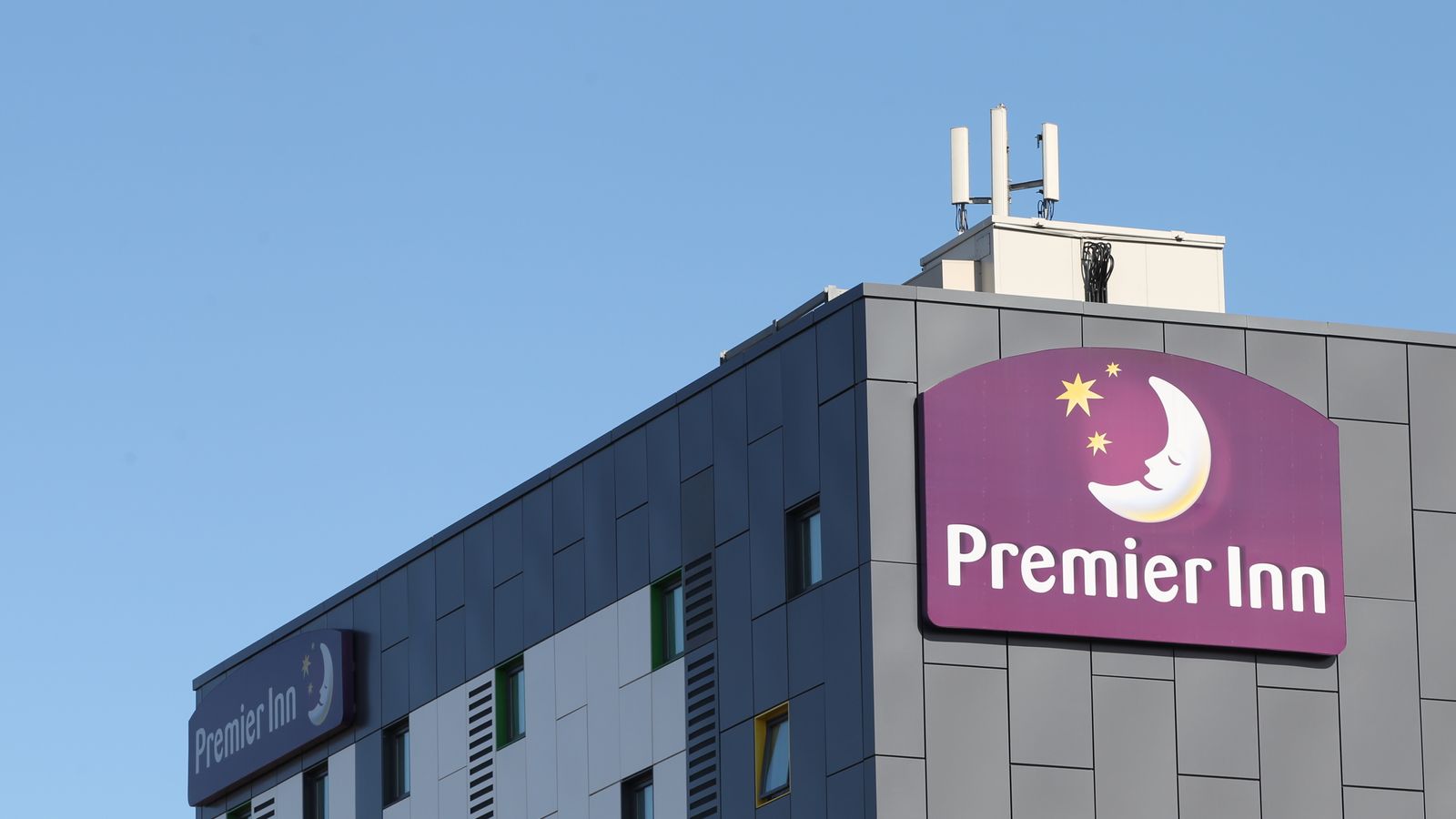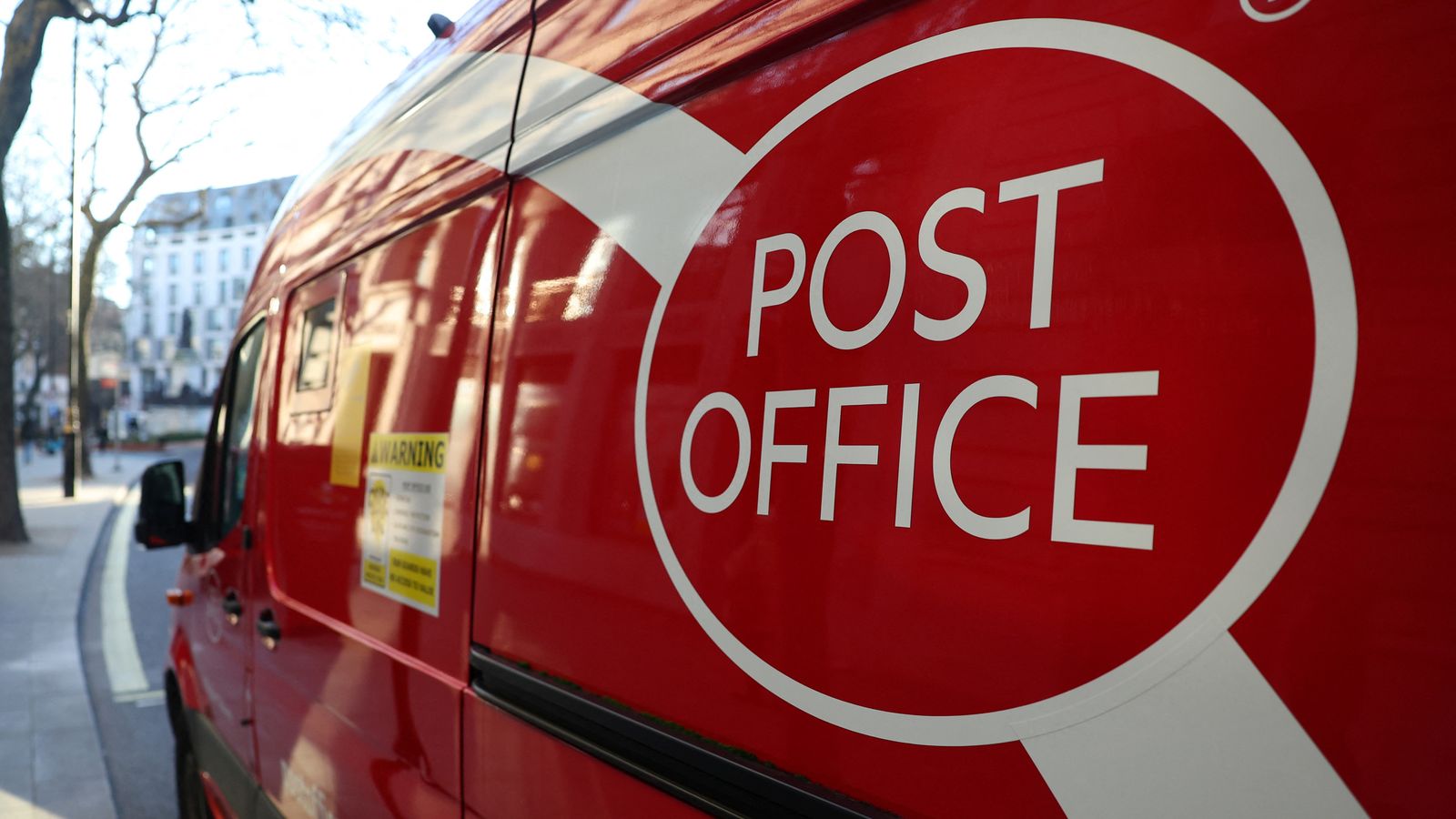
Hotel chain Premier Inn has been banned from advertising rooms “from only £35 a night” by the advertising regulator.
The Advertising Standards Authority found that an online ad from November, saying “Premier Inn Edinburgh – rooms from only £35 per night.” was “likely to mislead” viewers.
Premier Inn’s owner Whitbread showed the watchdog there were 377 rooms on offer in the Scottish city for £35 a night within a year of the ad running.
But the ASA said customers would believe the ad meant a significant number of rooms were available at that price in the coming year. In reality, only a small percentage were available for £35.
Read more
Premier Inn owner Whitbread to axe 1,500 jobs as it looks to expand hotel business‘Irresponsible’ Katie Price Instagram post and ‘misleading’ Nationwide ads with Dominic West banned by ASA
A complaint was made to the ASA by a reader who said they couldn’t find any rooms for £35.
The ad must not appear in its current form again, the regulator said.
“We told Premier Inn to ensure that when using “from” price claims in the future, a significant proportion of the advertised rooms were available at the advertised price.”
Responding to the decision Premier Inn said: “As the UK’s best-loved budget hotel brand we always have hundreds of thousands of great value rooms available but we accept that this specific digital campaign wasn’t up to our usual high standard and it was never our intention to be misleading.
“Unfortunately, the issue arose as a result of a £35 offer which proved slightly more popular than initially expected – the rooms sold quickly and we didn’t react fast enough to update the lead pricing in our paid-for ads against the available inventory,” a spokesperson said.
“Enhanced processes are already in place to ensure future compliance and clear verification of any claims and we’re confident this issue won’t arise again.”











